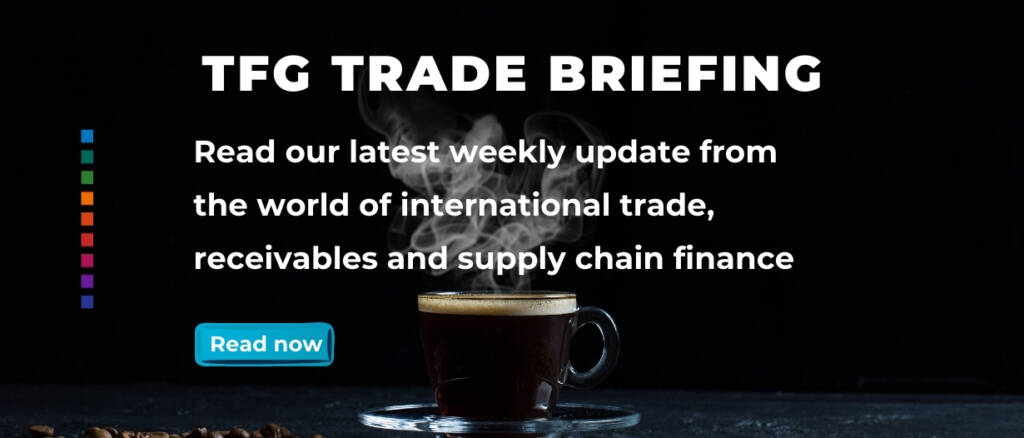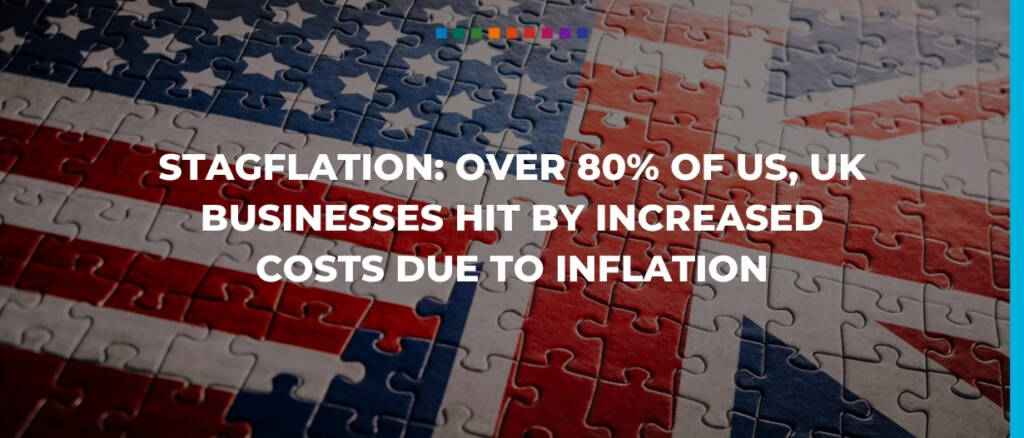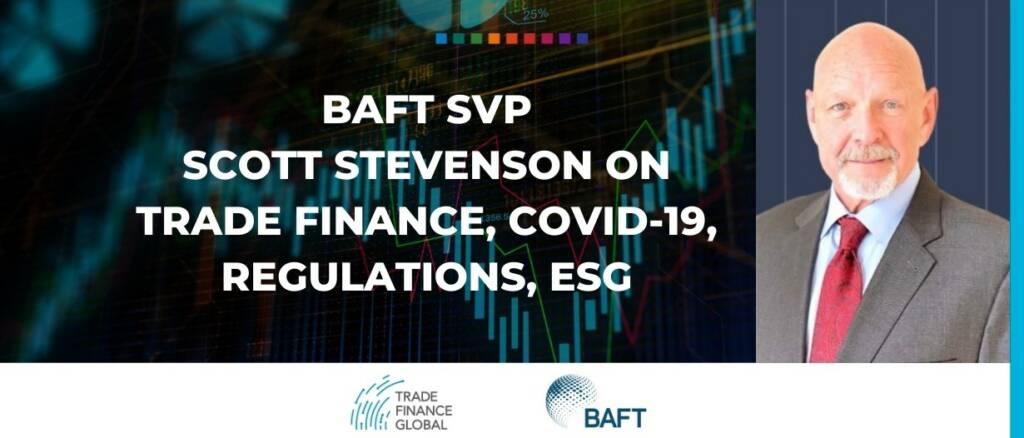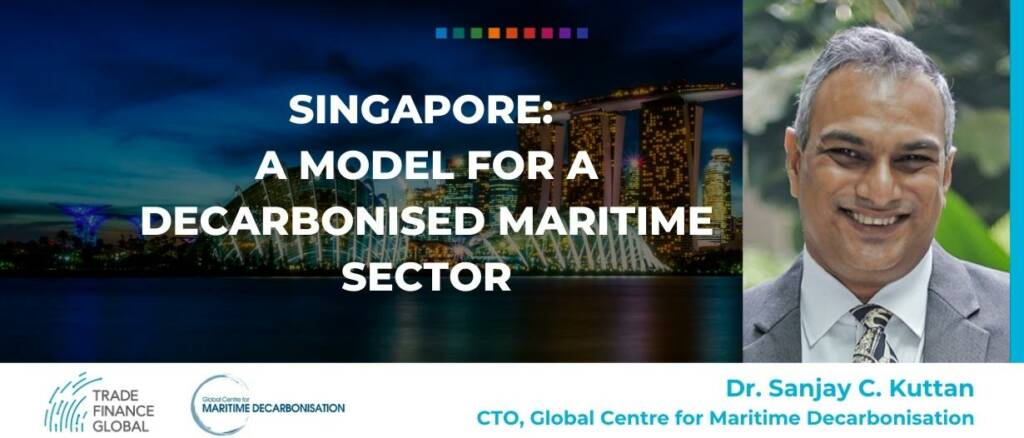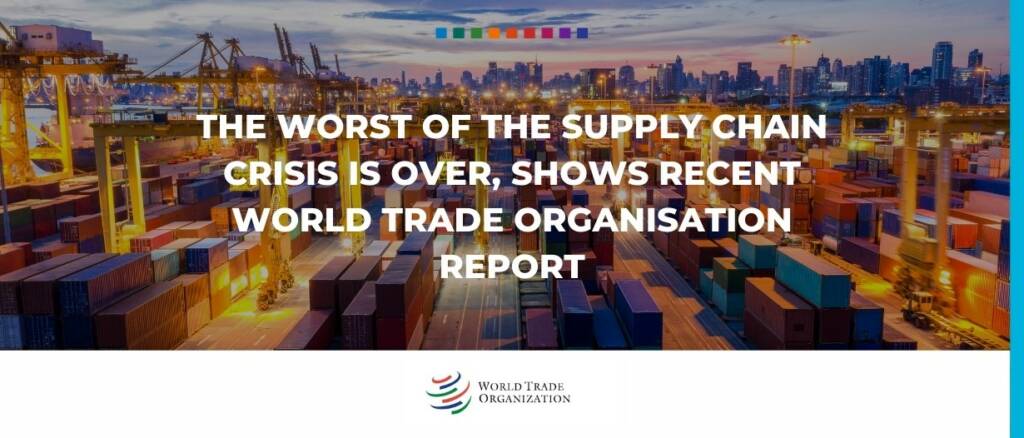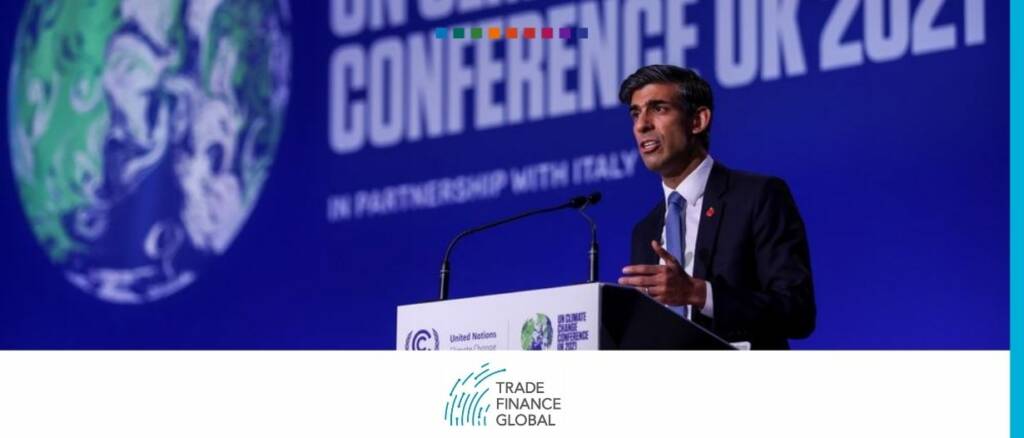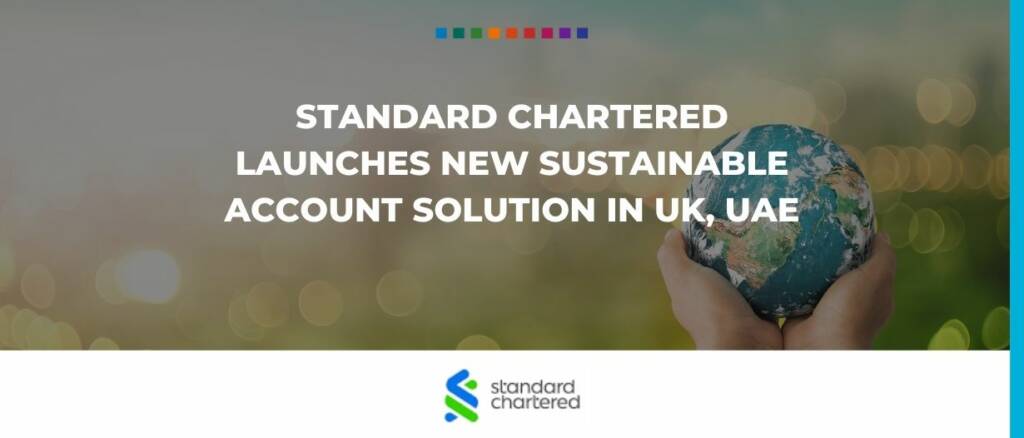Your Monday morning coffee briefing from TFG. Stagflation: Over 80% of US and UK businesses have been hit by increased costs due to inflation. The Bank of England’s (BoE) chief economist backs the case for raising interest rates, and the BoE warns that a CBDC could reduce commercial bank despotis by 20%. The U-shaped recovery – ICISA’s Richard Wulff discusses trade credit insurance and its bounce back from the pandemic. Dr. Joanna Burch-Brown explores the EU taxonomy and the ethics of green finance. And European gas shortages are expected to push up fertiliser costs and food prices.
This week, at a House of Lords Economic Affairs Committee hearing on CBDCs, Sir Jon Cunliffe, deputy governor for financial stability at the Bank of England, revealed some interesting findings on the potential impacts of Britcoin.
New surveys on both sides of the Atlantic have found that the vast majority of businesses are struggling with inflation, and many are already passing on price hikes to consumers.
Your Monday morning coffee briefing from TFG. The worst of the global supply chain crisis is over, says a new World Trade Organization (WTO) report.
BAFT is the leading financial services association for international transaction banking. In his new role, Stevenson will lead BAFT’s trade-focused policy, practices, and education initiatives, and support its trade-related councils and committees.
For the Maritime and Port Authority of Singapore (MPA), the establishment of the Global Centre for Maritime Decarbonisation in August this year was yet another milestone in enhancing Singapore’s status as an international shipping hub.
The supply chain crisis appears to be subsiding, according to the World Trade Organization’s (WTO) most recent World Trade Report.
Your Monday morning coffee briefing from TFG. COP26 wrap-up: UK vows to become the world’s first ‘net zero-aligned financial centre’. TFG launches a new Sustainable Trade Finance Hub. A new ICC report proposes the first global framework for sustainable trade and trade finance definitions. Standard Chartered launches a new Sustainable Account solution in the UK and UAE. And UK Export Finance secures 20% budget hike, expanding support for British exporters.
Over the last two weeks, the UK has been at the forefront of some of the biggest announcements to come out of COP26.
British multinational bank Standard Chartered has announced the launch of Sustainable Account, a new solution that enables corporate clients to contribute to sustainable development while maintaining daily access to their… read more →















